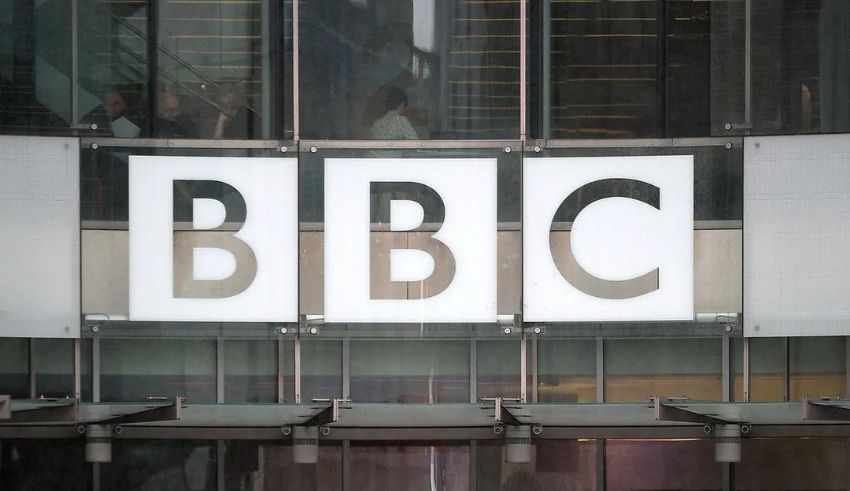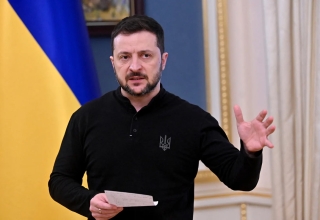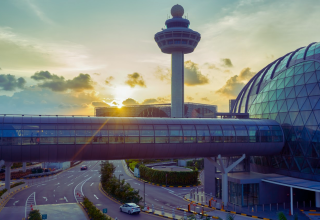
A Chilling Label for Press Freedom
The Implications of the ‘Foreign Agent’ Status
This designation carries with it a stigma that harks back to the Soviet era, evoking memories of the campaign against “enemies of the people.” Journalists branded as “foreign agents” must identify themselves as such in their publications and on social media, and they face onerous financial reporting requirements.
The BBC’s Stance
The BBC has condemned the Russian ministry’s move, emphasizing its global reputation as a trusted and independent news source. The corporation has expressed pride in its journalists and has prioritized supporting them to continue their important work1l.
The Broader Crackdown on Dissenting Voices
This action is part of a broader pattern of the Russian government using the “foreign agent” label to marginalize critics of its policies, including those opposing the invasion of Ukraine. The label has been used to silence not only journalists but also prominent cultural figures and civil society groups.
The Personal Impact on Journalists
Both Barabanov and Kazantseva are now living abroad. Kazantseva signed an open letter from Russian scientists and science journalists demanding that Russian troops withdraw from Ukraine. She left Russia in January, saying she was being harassed by pro-war figures and seeing her lectures and book presentations canceled.
The Justice Ministry’s Accusations
The labeling of BBC Russian journalists as “foreign agents” represents a significant threat to independent journalism and press freedom in Russia. It underscores the challenges faced by media professionals in reporting on sensitive issues in an increasingly repressive environment.
























